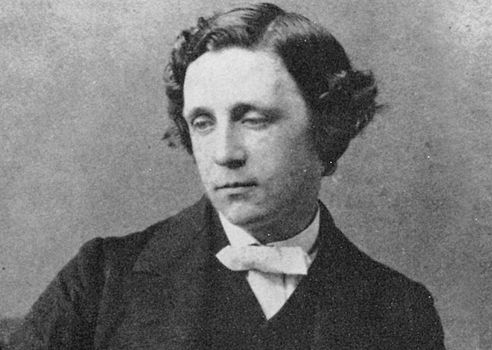Reading time: Less than 1 minute
Increase your vocabulary and you’ll make your writing much more precise. That’s why I provide a word of the week. Today’s word: chortle.
I was reading an amusing Kathryn Schulz piece in the New Yorker about writer Nell Zink this week. (The piece was headlined “Outside In” and appeared in the May 18/15 issue.) There, the word chortle caught my eye. Here’s how Schulz used it:
It begins with a classic evil laugh, bwaaahahahahaha, à la Vincent Price in “Thriller,” then the bird throws back its head and lets out a series of hoots, like a plump British woman with an unbecoming but infectious laugh or a parrot that grew up in a frat house, dissolves into giggles, transitions to a chortle, appears to become an entire dinner party going to pieces then starts to pull it together, O.K., O.K., the guests wiping their eyes and settling down, until out comes a little chuck and hahahahoik!ha, the bird is cracking up again.
Her meticulous and exhaustive dissection of laughter (by a bird!) not only cracked me up, it also gave me my word of the week, chortle. I knew a chortle was a particularly gleeful, breathy chuckle, but what was the root of that word, I wondered.
Imagine my surprise when I learned it came from the pen of Lewis Carrol (pictured above, looking rather sombre) in his 1871 book, Through the Looking Glass. Scholars think that he coined the word as a result of combining chuckle and snort.

